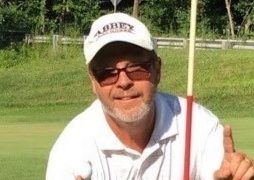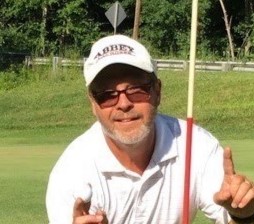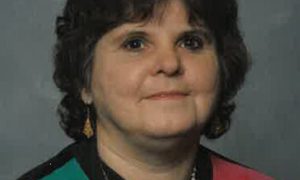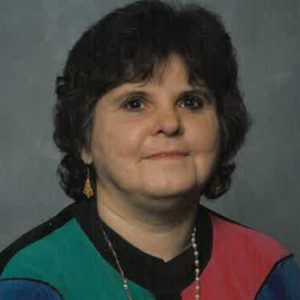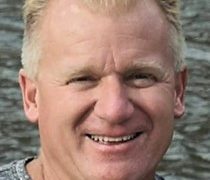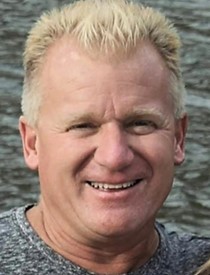Annabelle had a supervisory position within the court system, and had a PhD in psychology, but she was afraid to talk to her Carson therapist. She was a good mother to her ten year old girl. She had friends and a sponsor. For the last fifteen years, she had found powerful relief from addiction in her 12-step recovery group.
She didn’t have much contact with her family. Her older cousin had done time for drug dealing. He told her that she’d ruined his life. He told her she’d ruined his relationship with her daughter and destroyed his chances of having a good job. She knew that he alone was responsible for the consequences of his abuse. She was so young and so brave back then, when she’d told the social worker at her school that he was dealing drugs in the house. She was so brave after her cousin had broken her arm for telling.
Even though she knew how brave she’d been, she wanted, even now, to tell her cousin that she loved him, that she would make it up to him, that she was sorry, that she would fix it. She didn’t do these things, but this is what she wanted to do. Annabelle told her therapist of a time at a party in high school when she and her best friend were pushed into a back room by some guys. They sexually assaulted her friend and held her down, but for some reason let her go. Maybe they heard something and got scared. She helped her friend, but her secret thought was not how lucky she had been to escape, but that they hadn’t found her attractive enough to assault her.
She told her therapist how her step father had sexually abused her and how when she’d told her mother, her mother called her disgusting and had said it had never happened. She hadn’t told anybody but her sponsor decades later. It was much easier to tell people about her cousin’s drug dealing than her step father’s sexual abuse.
Over time, Annabelle told her therapist about how she was truly surprised she was alive. She had jumped off of a roof into a swimming pool while high when she was younger. She had driven the wrong way on the Mass Pike 120 miles an hour. She had stolen cars in her twenties. She had cut herself. She’d never been in a hospital and never overdosed.
What would her therapist say when she told her the rest of the truth? That in her earliest memory she was– -there were– seven of her. Like a team. A team of Annabelle. In those early memories, she saw herself as though she were watching a movie of herself. There wasn’t just one self to watch in the move—there were….seven. Did this mean she was really sick? She began to shake after she told her. What should she do?
Her Carson therapist said that the first thing to do is nothing. “We are just going to know that they are there. Then, over time, we are going to get to know them. Can you imagine a nice place for them to stay while we work on this?”
Annabelle could. She imagined a summer cottage, on the water. All the girls had beds with fresh smelling sheets and windows that looked out onto the sun over the water in the morning. It was quiet there. Annabelle imagined tucking all the small girls, parts of herself, into bed.
Her Carson therapist told her that she had split into these parts for very good reasons, and that each part had something important for her to know. That they’d go slowly together, inviting one girl out at a time as the others slept at the summer cottage.
Annabelle liked this therapist. She told her that she felt, for the first time, that she really, truly, had a chance.
By JAC Patrissi


